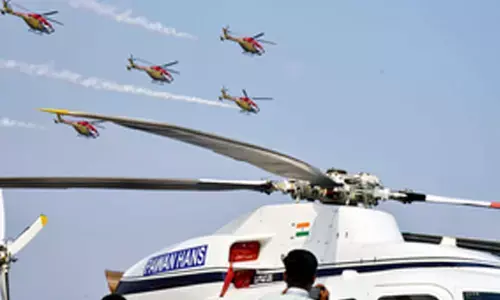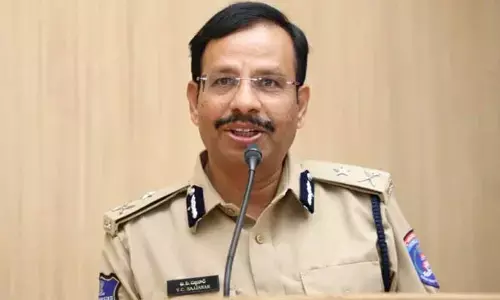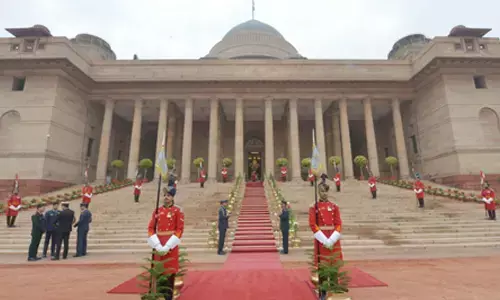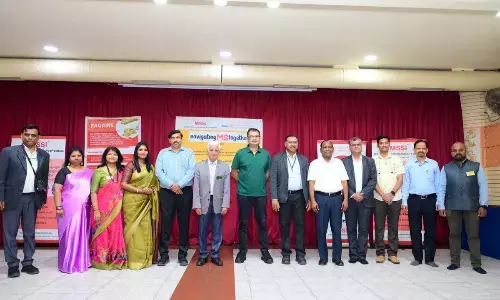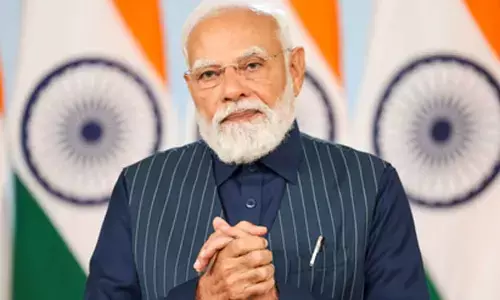Mars no more 'amangal' for India to send a manned mission
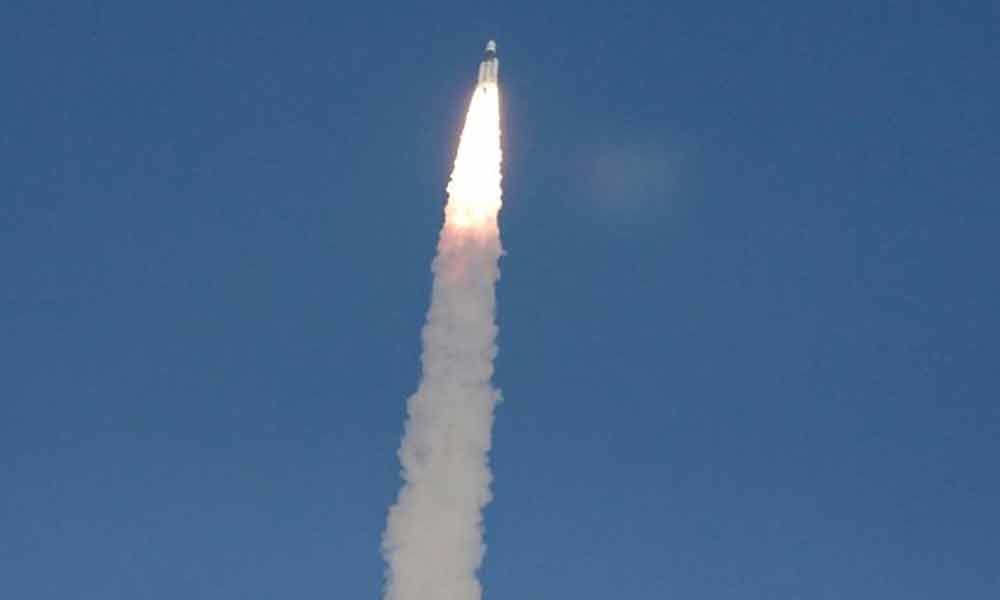
A human mission to Mars has always been the next big dream for space enthusiasts, with space barons like SpaceX CEO Elon Musk, Blue Origins CEO Jeff Bezos and Virgin Galactics founder Sir Richard Branson along with NASA aiming to send humans to deeper space, and eventually Mars, in years to come.
New Delhi: A human mission to Mars has always been the next big dream for space enthusiasts, with space barons like SpaceX CEO Elon Musk, Blue Origins CEO Jeff Bezos and Virgin Galactics founder Sir Richard Branson along with NASA aiming to send humans to deeper space, and eventually Mars, in years to come.
India, which created history nearly five years back with becoming the first country to enter Mars orbit in its maiden attempt with "Mission Mangal", is also looking to send a manned mission to space by 2022.
"This must become a base for challenging the next frontier," a tweet by the Prime Minister's Office said after the Mars Orbiter was successfully inserted into the Martian orbit in 2014.
India also has ambitions to land a probe on Mars, as its lunar mission Chandrayaan-2 gets ready to drop the Vikram lander on Moon on September 7.
The country's ambitious "Gaganyaan" programme envisages two unmanned and one manned flight to space.
India's human space mission, which is one of the pet projects of the Prime Minister, is estimated to cost around Rs 10,000 crore and the Indian Space Research Organisation's (ISRO) Human Space Flight Centre (HSFC) is targeting to send an astronaut to space by 2022.
ISRO has signed up Russian launch service provider Glavkosmos for selection support, medical examination and space training of Indian astronauts. Glavkosmos will help the space agency select candidates for manned spaceflight. Russia has promised all assistance for "Gaganyaan".
The human space flight centre is dedicated to developing critical technologies for human space missions.
The facility is headed by S. Unnikrishnan Nair as the Director. A full-scale Gaganyaan crew module model was also unveiled at the Centre.
R. Hutton, who was the Polar Satellite Launch Vehicle (PSLV) Director, is heading the Gaganyaan project.
"The Centre will be responsible for end-to-end mission planning, development of engineering systems for crew survival in space, crew selection and training and also pursue activities for sustained human space flight missions," said ISRO.
The Rs 10,000-crore mission will involve Indian astronauts taken into space to a height of 350-400 km above the Earth and orbit around the planet for at least a week.
The astronauts will be conducting experiments in space, details of which are yet to be announced by ISRO.
The space agency plans to hold its first unmanned mission by December 2020 and the second unmanned flight before July 2021 before it can put humans in space.
India's attempt to reach space by 2022 is about six decades after Russian cosmonaut Yuri Gagarin became the first human to take a journey into outer space and orbit the earth in 1961.
The US, Russia and China are the only three nations to have launched human space flights.
Not just a manned space flight, India is also planning to launch its own space station.
According to ISRO Chairman K. Sivan, India will set up its separate space station in the next 5-7 years after "Gaganyaan" is successfully completed in 2022.
The space station, which is estimated to weigh around 20 tonnes, would be an extension of the "Gaganyaan" mission. The space station will most likely be used to conduct microgravity experiments.
The ISRO chief said that the preliminary plan for the space station is to accommodate astronauts for up to 15-20 days in space, but specific details will emerge after the "Gaganyaan" is complete. There will be no collaboration with any other country for this project.
The ISRO is also planning to launch two other missions -- to study the Sun and Venus.
The road ahead looks promising for India and a maiden attempt to send a manned mission to Red Planet will only prove that the planet is no more 'amangal' for a billion-plus population.








